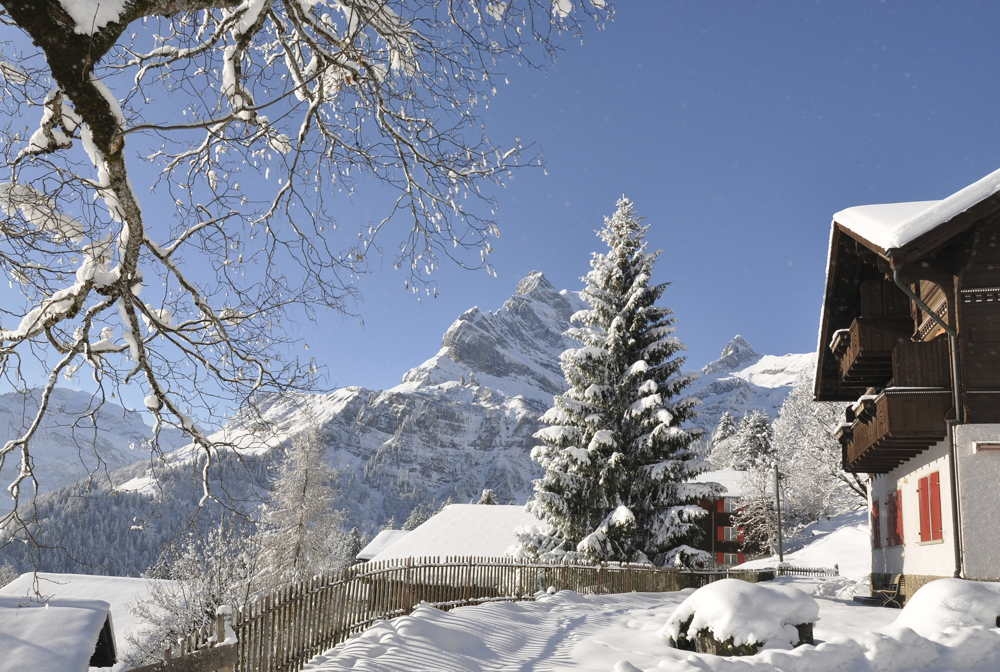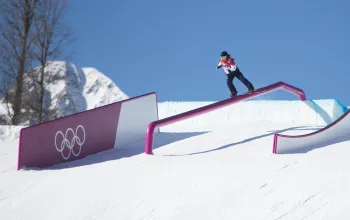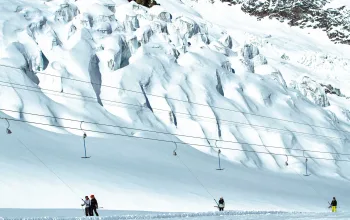The impending legislation was announced last year – contributing to the departure of Crystal Ski from the Swiss chalet market – but only came into force properly this year.
The subsequent casualty list of UK chalet companies now also includes Inghams – one of the UK’s biggest operators, who only have one chalet left in Switzerland, as well as its sister companies Ski Total and Ski Esprit.
Hotelplan UK, which owns the three operators has accused the Swiss authorities of ‘railroading’ through the changes without consultation, and claim the situation is now ‘commercially untenable’.
Until now many UK chalet staff have been employed under UK contracts with salaries that include allowances for food, accommodation and lift passes. In reality this has meant an actual in-hand weekly ‘pocket money’ salary of not much more than £100.
In contrast, the Swiss hospitality minimum wage – payable 13 times a year – equates to about £30,000 a year.
Unless a way round the legislation is found, the fear is that this new law will signal the end of the affordable Swiss chalet holiday for UK skiers – a sector already struggling in recent times due to unfavourable exchange rates.
The change is also likely to leave a sizeable hole in the estimated £50 million spent by British skiers in Swiss resorts up to now in about 19 areas of business from shops to ski hire and ski schools.
According to the annual Crystal Ski report, about 5.5 percent of all British ski holidays were spent in Switzerland in 2012/13, a rise from 4.9 percent the previous year – a rise that this law is likely to threaten.


















